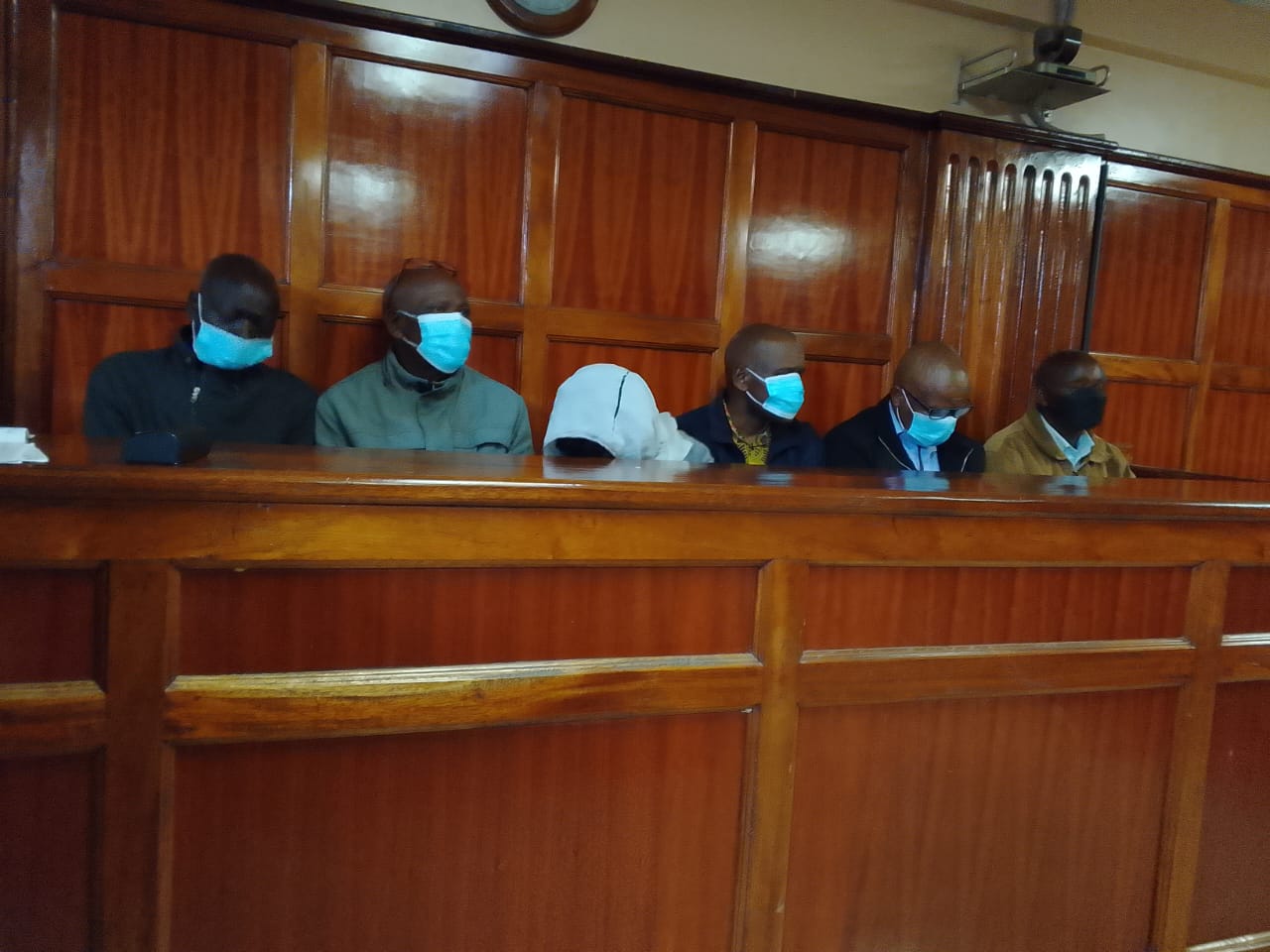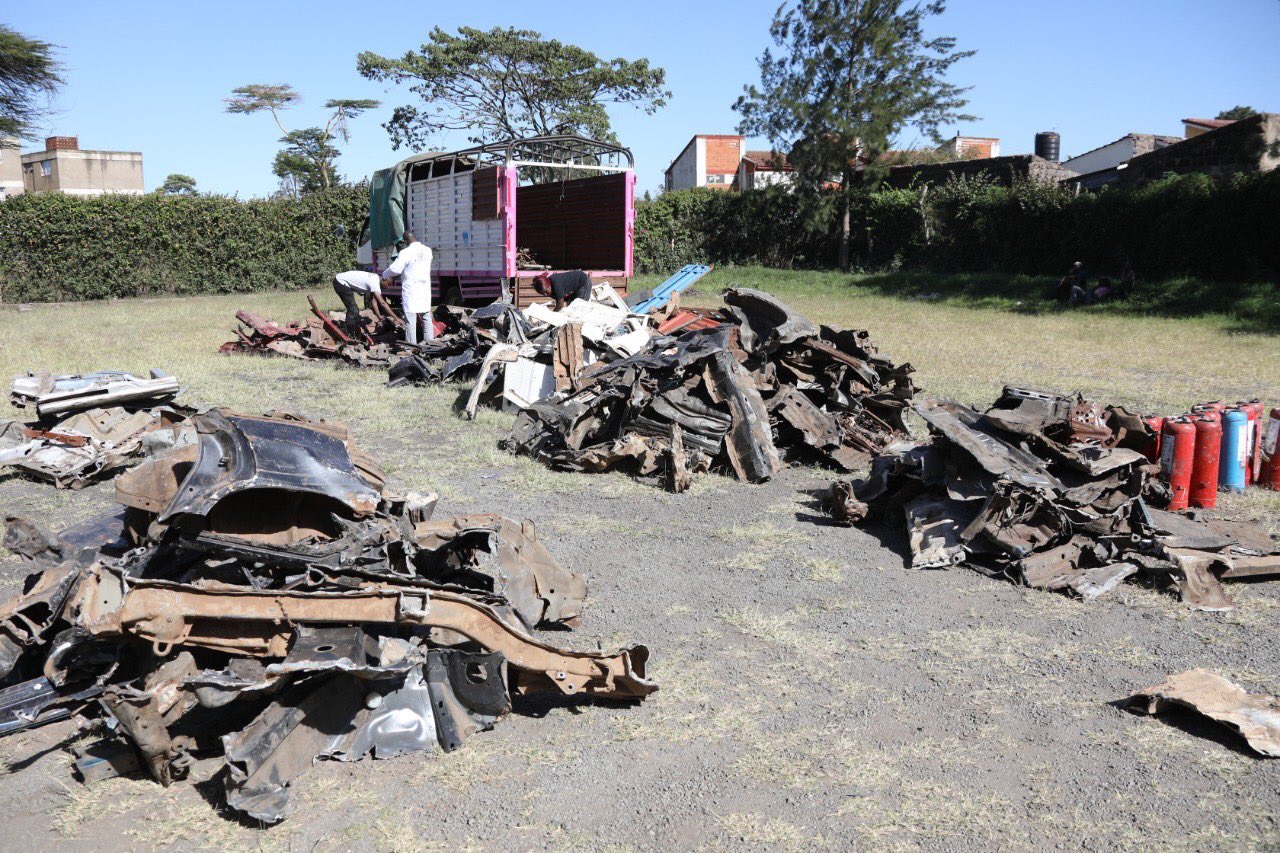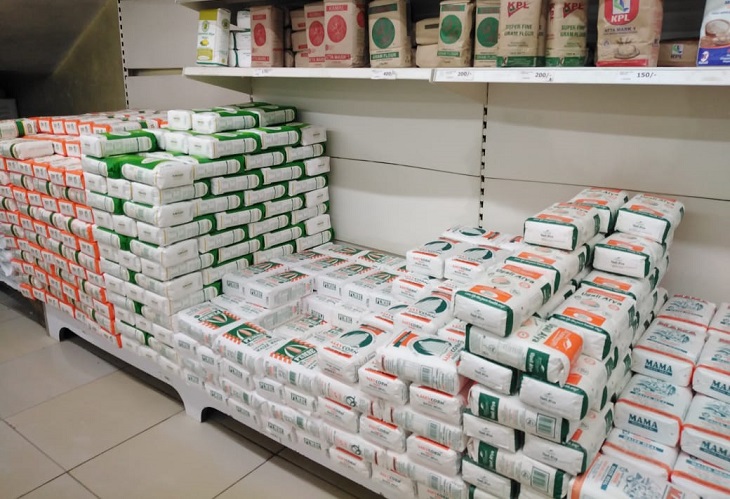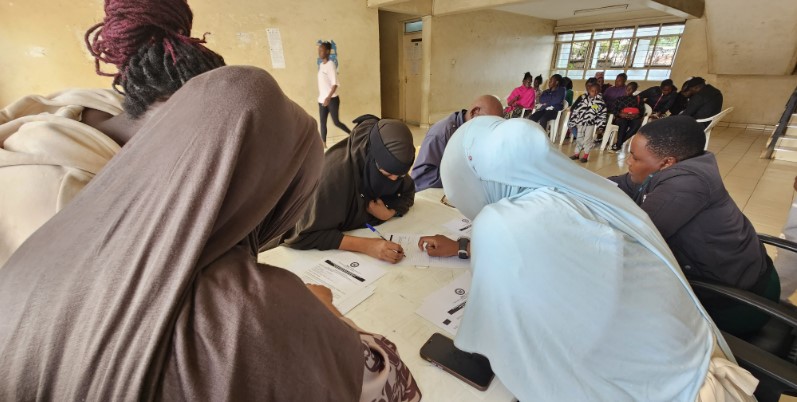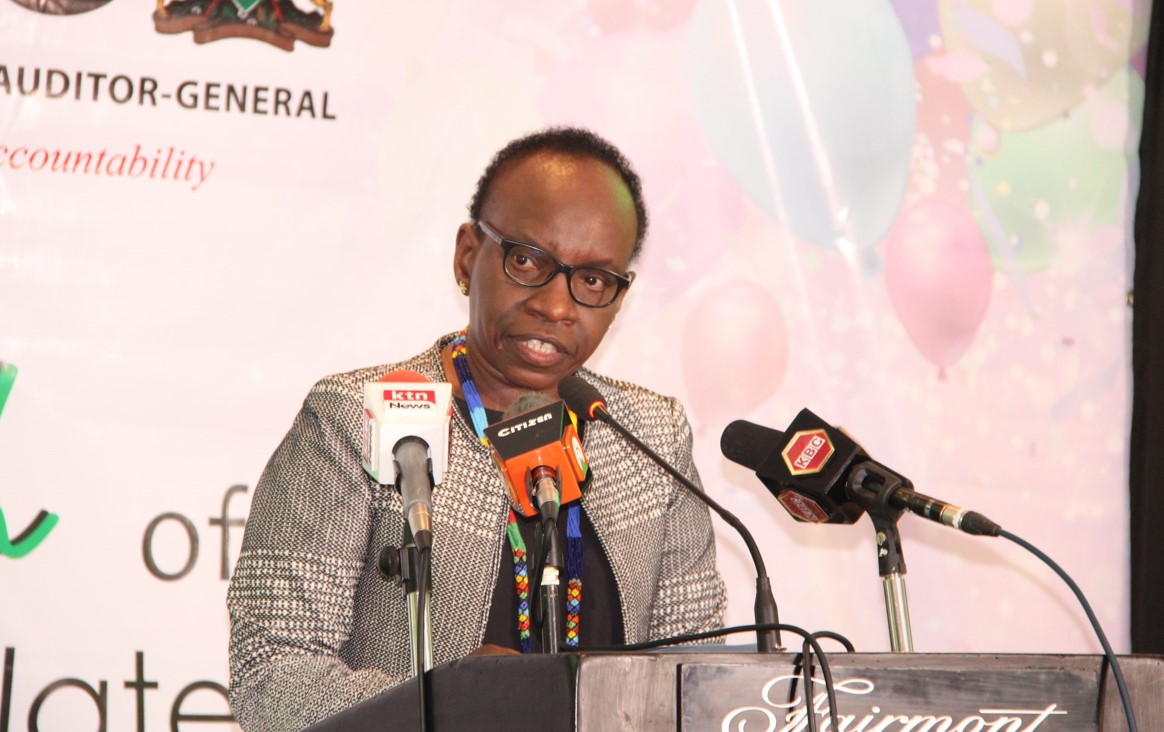Expert calls for early screening, policy reforms as colon cancer cases rise in Kenya

Experts attribute the increasing cases to changing lifestyles, poor dietary habits, and improved diagnostic capabilities that are now identifying cases that may have previously gone undetected.
Kenya is witnessing a sharp rise in colon cancer cases, with an estimated 3,500 new diagnoses annually, according to Dr. Andrew Odhiambo, a medical oncologist at Prime Care Clinic.
Experts attribute the increasing cases to changing lifestyles, poor dietary habits, and improved diagnostic capabilities that are now identifying cases that may have previously gone undetected.
Dr. Odhiambo, speaking to Eastleigh Voice on Thursady, emphasised the urgent need for early screening, warning that colon cancer often develops silently and is frequently diagnosed at advanced stages.
“Colon cancer has no symptoms in its early stages. By the time signs such as blood in the stool, persistent diarrhea, or difficulty passing stool appear, the disease is often at an advanced stage,” he said.
Colorectal cancer, comprising both colon and rectal cancers, has also become one of Kenya’s most prevalent cancers.
According to the National Cancer Registry (2021/2022), Kenya records approximately 42,116 new cancer cases annually, with colorectal cancer accounting for 7.1 per cent of cases.
It is now the fifth most common cancer in the country, following: Breast cancer (15.1 per cent), Cervical cancer (13.3 per cent), esophageal cancer (11.8 per cent) and prostate cancer (10.1 per cent).
The World Health Organisation’s Global Cancer Observatory 2022 also reported that Kenya had 44,726 new cancer cases, with colorectal cancer ranking among the top five cancers affecting both men and women.
Medical experts warn that lifestyle changes, including unhealthy diets, reduced physical activity, and increased consumption of processed foods, are contributing to the rising incidence of colorectal cancer.
“The adoption of Westernized diets, which include high consumption of red meat and processed foods while neglecting fiber-rich foods like vegetables and whole grains, is a major risk factor,” Dr. Odhiambo noted.
Call for routine screening
Dr. Odhiambo recommends that screening for colon cancer begin at age 40 to increase early detection and improve survival rates.
Individuals without a family history should undergo an annual stool test for occult blood or opt for a colonoscopy every five to ten years.
Those with a family history are at higher risk and should undergo a colonoscopy much earlier.
“We need to change the mindset around screening. People should not wait for symptoms. Early screening saves lives,” he said.
High cost of treatment
While advancements in cancer treatment are improving outcomes, high costs remain a major challenge for many Kenyans.
Dr. Odhiambo noted that surgery and chemotherapy are the primary treatment options for colon cancer. However, chemotherapy costs between Sh50,000 and Sh500,000 per cycle, depending on the drugs used.
For rectal cancer, treatment may also involve radiotherapy and targeted therapy, which further increases costs.
Immunotherapy, an advanced treatment option, can cost up to Sh500,000 per session, making it inaccessible to many patients.
“Many patients present with advanced disease because of fear, lack of awareness, financial constraints, and the long distances to healthcare facilities,” Dr. Odhiambo explained.
In addition to screening, experts stress that lifestyle modifications play a crucial role in preventing colon cancer.
Dr. Odhiambo advises Kenyans to: Maintain a healthy weight, eat a balanced diet rich in fruits, vegetables and whole grains, drink water because hydration is key, exercise regularly, and manage stress.
He also urged those with a family history of the disease to undergo genetic screening, as 5 to 10 per cent of colon cancer cases are hereditary.
“If you have a family history of colon cancer, you should not wait for symptoms. Early screening can save your life,” he emphasised.
Dr. Odhiambo called for stronger government policies to integrate cancer screening into national health programmes.
“Public awareness alone is not enough. The government must take the lead in making screening routine and accessible,” he said.
He cited the United Kingdom’s approach, where citizens receive stool test kits by mail, enabling early detection.
“In Kenya, we need a system where people can easily access screening without financial barriers. If we don’t act now, colon cancer will become an even bigger health crisis,” he warned.
Dr. Odhiambo called for better government policies to integrate cancer screening into national health programmes.
“We need to demystify the screening process and make it routine, just like other preventive health measures,” he said.
He also stressed the need for sustainable health financing solutions, such as Social Health Insurance (SHA) that can ease the burden to those who cannot afford paying cash to make screening and treatment affordable for all Kenyans.
With colon cancer cases rising and late diagnoses still common, experts warn that without stronger screening policies and increased public awareness, the disease could become an even bigger health crisis in Kenya.
Top Stories Today
- Kamukunji Residents Back NG-CDF during Public Consultations
- Rights groups decry injustice as 8 officers cleared in Baby Pendo case
- No cause for panic over unga prices, state says amid rising food costs
- Political leaders condemn shoe-throwing incident on Ruto in Migori
- Rwanda in talks to receive migrants deported from US
- UASU sues Moi University over planned job cuts
- Baby Pendo murder case: DPP drops charges against 6 senior police officers
- Voter moves to court seeking to stop police from arresting Governor Wamatangi
- Pope Francis's popemobile set to become health clinic for Gaza children
- Millers increase unga prices as maize supply tightens
- Court to rule on halt of prison recruitments, suspension of budget-making process
- State blames underdevelopment for insecurity in 23 counties
- Pakistani Bank Al Habib announces exit from Kenya after 7 years
- Baby Pendo murder case: 11 officers to be charged with crimes against humanity
- Somali coffee and tea: Why milk makes all the difference
- From chapati rolls to canjeero pizza: How families are reinventing snack time
- Treasury targets foreign firms in public tenders with fresh tax proposal
- MPs slam TSC for ignoring court ruling on age gap for teachers
- Starlink is now available in Congo, Elon Musk says
- Three arrested for throwing shoe at President Ruto in Migori
